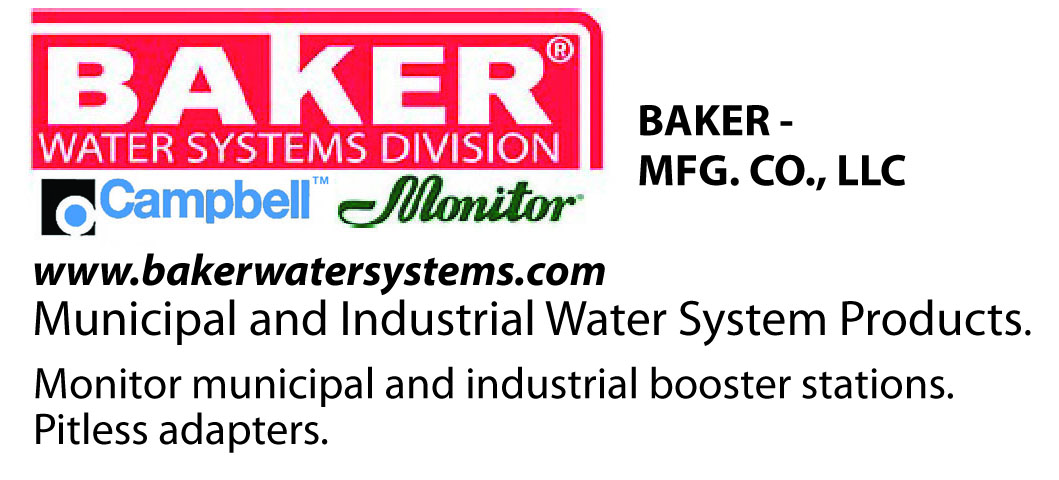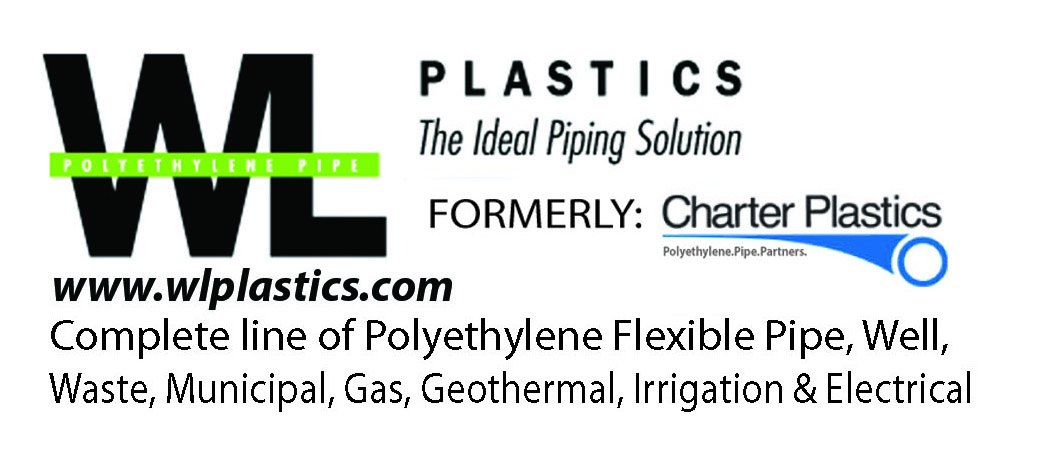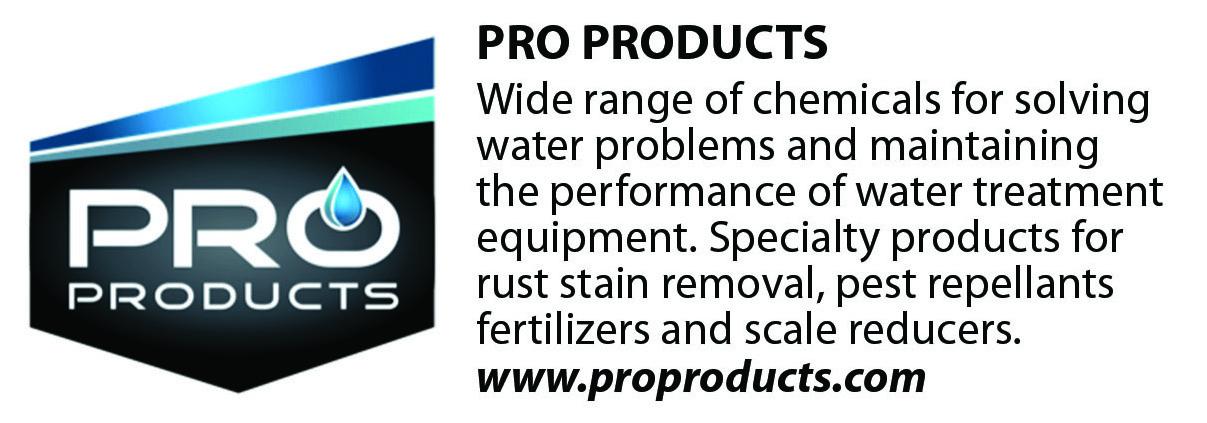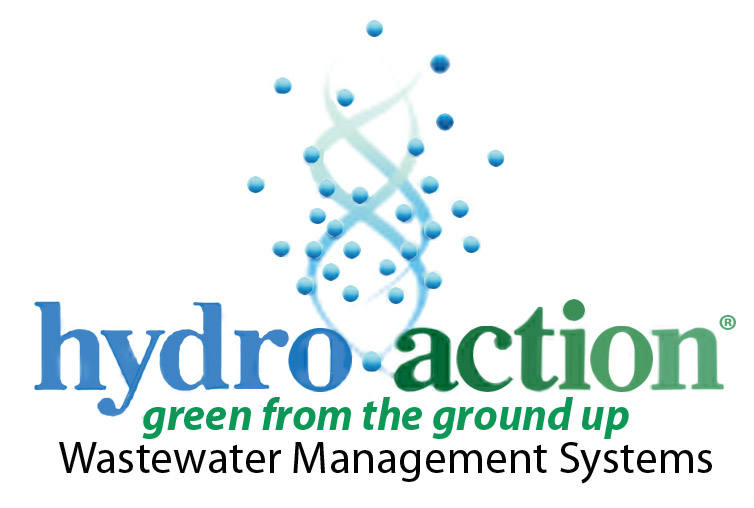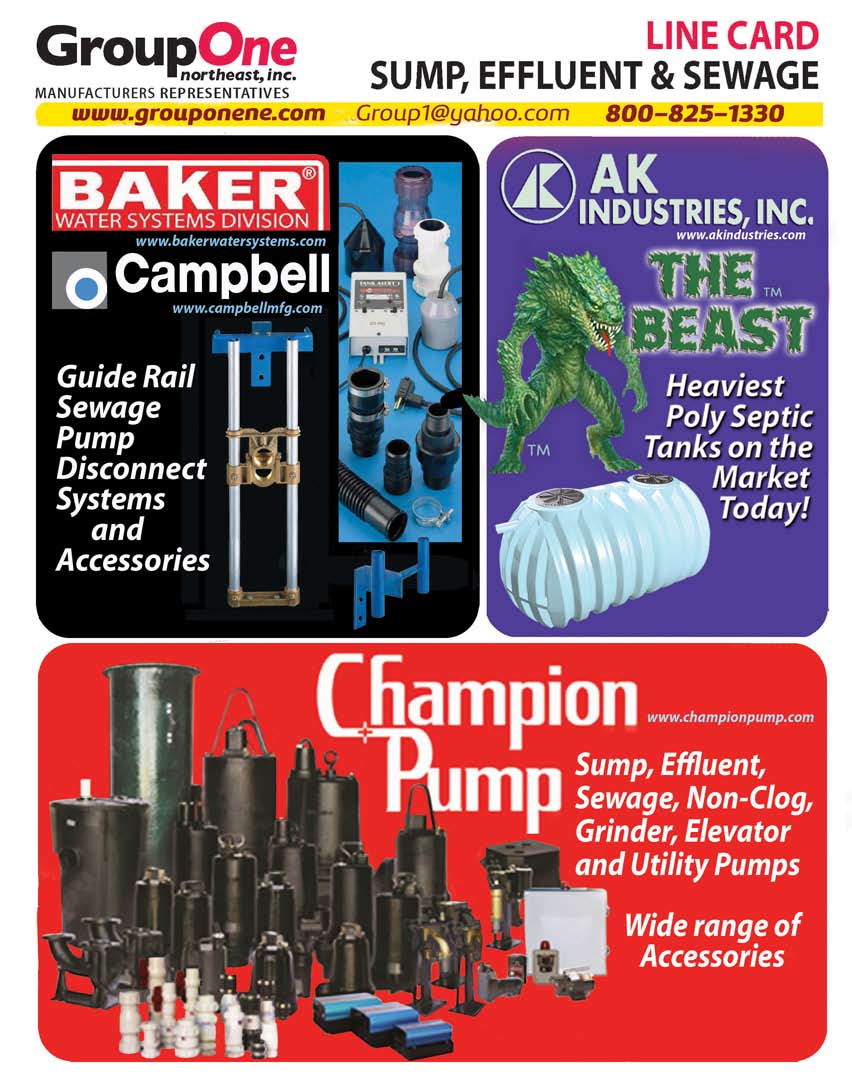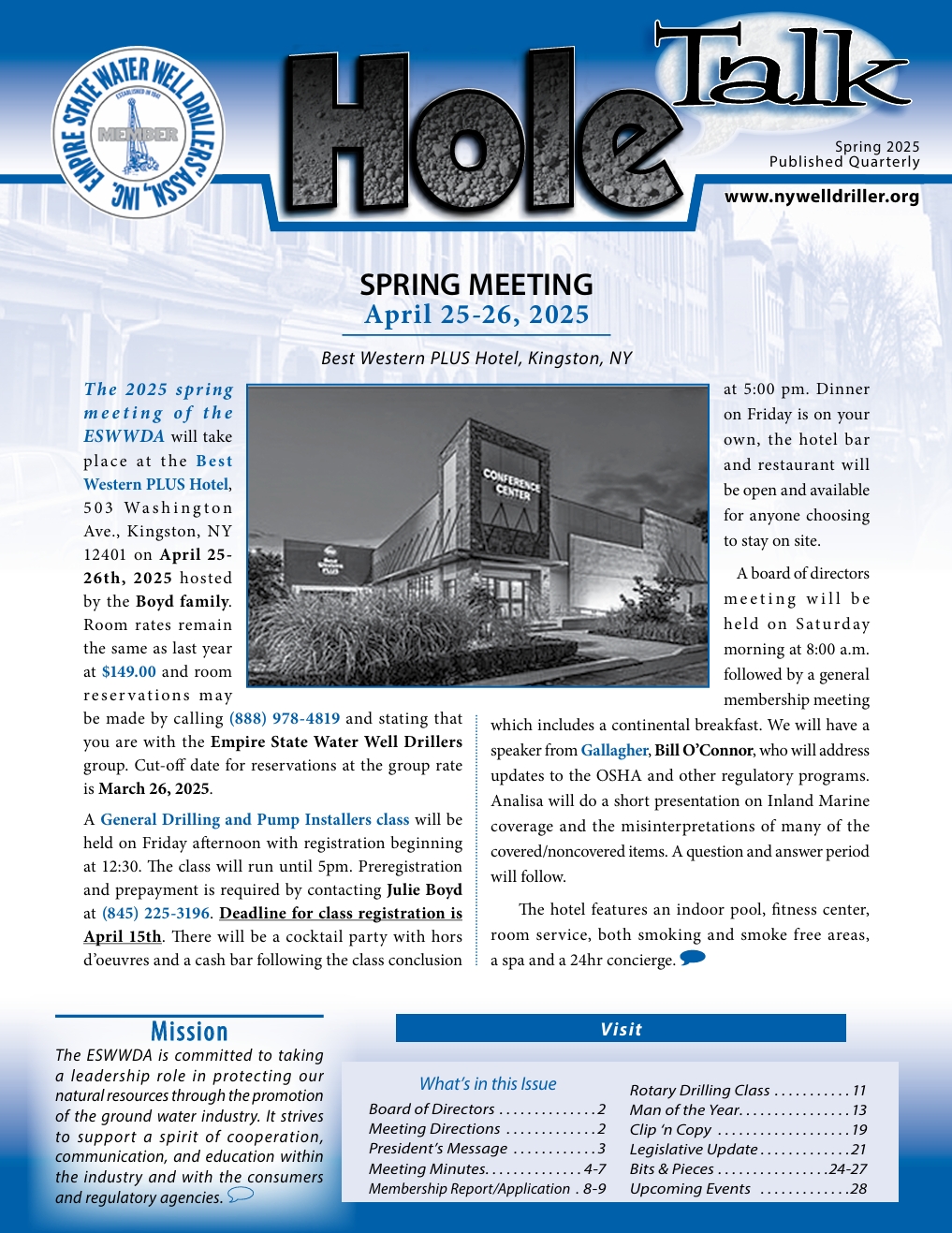

Competing in the Age of Amazon
February 17, 2020 Mike Price Business management,
Selling professionalism and minimum advertised prices are critical today.
By William Wagner
The age of e-commerce has brought upheaval to almost every sector of the service economy, including the groundwater industry. In fact, it’s changed the very way water well contractors need to define themselves.
These days, consumers can buy parts online from any Tom, Dick, or Harry, which makes it more important than ever for contractors to place a premium on the professionalism they provide.
“Realistically, everyone thought the internet wasn’t going to interfere with their sales channel,” says David Henrich, CWD/PI, CVCLD, president of Bergerson-Caswell Inc., in Maple Plain, Minnesota, and the 2018 president of the National Ground Water Association.
“They were kidding themselves, right? You can only do so much (to counter online material sales). People can pretty much not leave the couch and restock the house with anything they want. Our industry is no different. We have materials that are commercially available, and the internet has really changed the pricing strategy.
“As a contractor, you have to look at yourself and ask if you’re operating a business the way today’s customer wants you to operate it. Contractors have probably put too much emphasis on material costs and not enough emphasis on the time and energy it takes to install those materials. Realistically, you can buy any of these things online, but you can’t buy the person who can install them. We need to emphasize professionalism much more than the materials that can be bought from many different outlets.”
On the surface, online sales of groundwater products might seem like more of a nuisance than anything else, but David Rutz—director of sales–residential and agriculture for Xylem, which, among other holdings, owns the water pump manufacturer Goulds Water Technology—urges both consumers and contractors to look deeper.
“The emergence of e-commerce has been a disruptive force in the residential water industry,” says Rutz, who is located in Rye Brook, New York, and has extensive experience with residential, industrial, and agricultural pumps.
“Years ago, the supply chain for residential water systems could only be accessed via an authorized dealer or distributor. Today the internet provides more opportunities for sales, but it also makes it far easier for unauthorized sellers to become part of the channel.”
This, in turn, creates the potential for a shoddy work product, through no fault of the manufacturer or contractor.
“Pump manufacturers understand the importance of having their products sold and installed by professionals,” Rutz says. “By selling their products through authorized channels, manufacturers can ensure they are delivered and installed in a professional manner. Customers also are assured of a high level of reliability and honesty, as well as superior service.”
Adds Henrich, “Our company has taken a pretty hard line that we’re not going to install other people’s products. We install our products. Otherwise, warranties and all the other things get entangled.”
The groundwater industry has, in a sense, been turned upside down. It now falls upon professionals in the industry to pitch themselves almost more than their wares. DIYers, after all, can do much more harm than good by trying to install something they bought on the cheap on the internet that isn’t exactly the right product for the situation.
“Every (contractor) was trying to keep the service price down and make it up on materials,” Henrich says. “The reality is that’s not the special part of what we do—the people are. That’s the unique value we offer our customers. We just have to make sure we’re putting the right value on people’s time.”
Education is among the keys on that front. Chauncey Leggett, CWD/PI, president of Lake Valley Well Co. in Tarboro, North Carolina, finds he spends more time than ever explaining the finer points of what he plans to do for customers. And he’s fine with that.
“I’m always prepared to itemize (a job) if I’m asked how I came up with a number,” says Leggett, who is a member of the NGWA Board of Directors.
“At the end of the day, I believe the people we deal with want a professional to do a job. After explaining to them that water is the most important thing in their life besides God and family, they want it done correctly. It’s all communication. If I have an opportunity to explain what we do and why we do it, usually they understand.”
The power of reason only goes so far, though. To maintain fairness and quality in the marketplace, manufacturers have instituted a minimum advertised price (MAP) policy.
“A manufacturer or brand enacts a MAP policy to ensure their seller network doesn’t advertise their products below the minimum advertised price,” Rutz says. “In the growing online world, MAP policy matters more than ever. Adopting a MAP policy helps safeguard a brand’s name, maintains price coordination, keeps relationships with channel partners intact, and allows for equal earning opportunities where the emphasis is on value rather than price.
“To help protect authorized contractors from online threats,” Rutz continues, “Goulds Water Technology does not provide a manufacturer’s warranty on any product purchased online. Additionally, we only sell our products to professional contractors through our extensive network of loyal independent distributors.”
Leggett believes MAPs are a necessary safeguard in the groundwater industry. In his mind, they go a long way in helping his company and others uphold their standards of quality.
“It puts everyone on the same playing field,” Leggett says. “And it helps us the contractor. It used to be that on our prices, we were heavy on materials and cheap on labor. We didn’t think enough about the professionalism of it, so we made it up on the product. Well, now the product is readily available. Having that minimum price helps us do our job better.”
Henrich couldn’t agree more.
“MAPs are a great idea,” he says. “There has to be some (pricing) floor (for materials). There has to be some space between the cost to make a product and the cost for the end user. If not, every homeowner in the world is going to have to figure out how to do this work themselves because you won’t have anyone in the middle to help you. There won’t be any professionals.
“But the MAPs ensure there’s a big, healthier market that helps people understand where they should be pricing. That’s important because I think some of the people pricing these products are using their intellect from other industries and trying to apply it to the groundwater industry. It’s just not the same. This isn’t a volume market; it’s a service market, a maintenance market.”
It’s also a market where the stakes—access to clean water—couldn’t be higher.
“I’m amazed by how people just assume the water’s going to be there,” Leggett says. “America thinks water is free. It takes us a while to educate people to the point where they understand you have freedom to use the groundwater, but we need the right equipment to get it out.”
And the right people to install that equipment.
William Wagner is an award-wining writer, editor, and project manager for Wagner Communications. He has written for magazines, newspapers, books, and websites. He lives in the Chicago area, and can be reached at william.wagner7@gmail.com.

